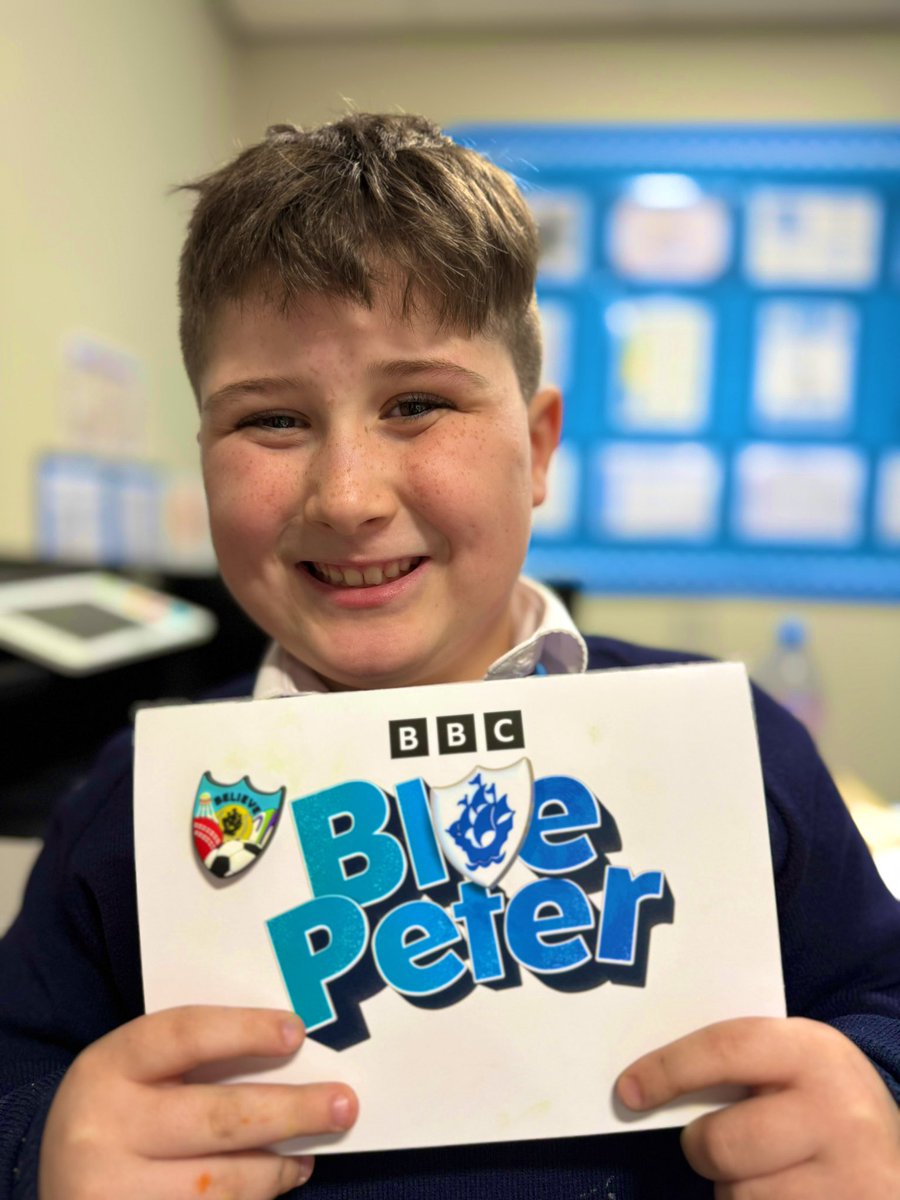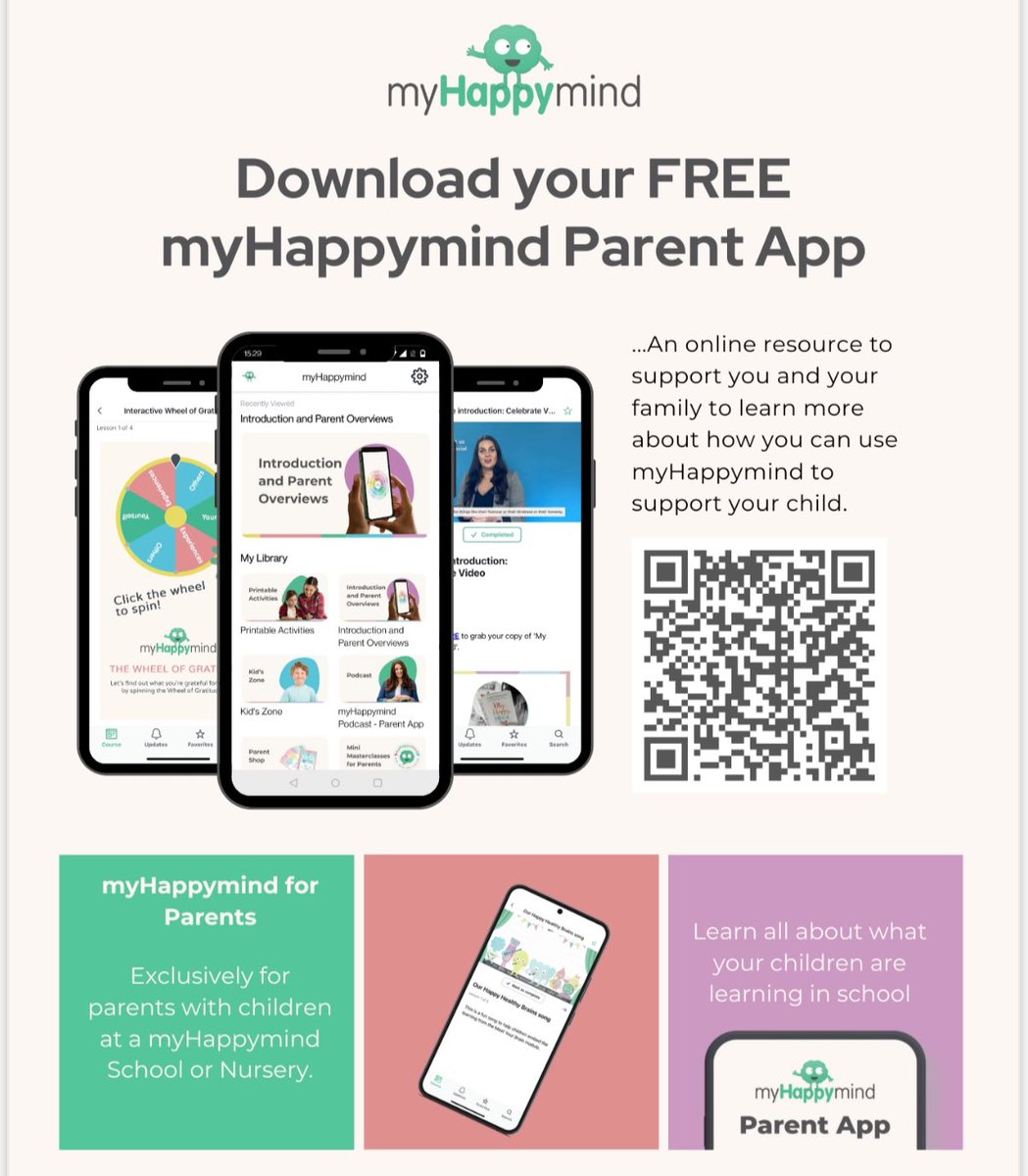History
“The more you know about the past, the better prepared you are for the future.”
Theodore Roosevelt
History is the study of past events. People know what happened in the past by looking at things from the past including sources (like books, newspapers, and letters) and artefacts (like pottery, tools, and human or animal remains.)
At Harris Primary Academy Shortlands, we believe a high-quality history education will help pupils gain a coherent knowledge and understanding of Britain’s past and that of the wider world. It should inspire pupils’ curiosity to know more about the past. Teaching should equip pupils to ask perceptive questions, think critically, weigh evidence, sift arguments, and develop perspective and judgement. History helps pupils to understand the complexity of people’s lives, the process of change, the diversity of societies and relationships between different groups, as well as their own identity and the challenges of their time.
EYFS
|
Autumn 1 |
Autumn 2 |
Spring 1 |
Spring 2 |
Summer 1 |
Summer 2 |
||
|
EYFS Birth to 3 |
Make connections between the features of their family and other families |
||||||
|
Nursery |
Begin to make sense of their own life-story |
Begin to make sense of their family history |
Retell their life and family story |
||||
|
Reception |
Talk about key past and present events in their own lives |
Talk about past and present events in others’ lives |
Make simple comparisons between old and new |
||||
|
End of Learning Goals (ELGs) |
|
||||||
Key Stage 1
|
Autumn 1 |
Autumn 2 |
Spring 1 |
Spring 2 |
Summer 1 |
Summer 2 |
||
|
Year 1 |
Link to National Curriculum |
Changes within living memory
|
A significant person who lived in my locality |
||||
|
HPAS |
How have my toys changed over time?
|
Am I making history? |
What makes a person in history significant? |
||||
|
Year 2 |
Link to National Curriculum |
The life of a significant individual from the past |
Significant historical event
|
A significant historical event
|
A significant historical person – compare and contrast
|
||
|
HPAS |
How should we remember Henry VIII?
|
Why do we still remember the 5th of November? |
How did the Great Fire change London?
|
Who is the most significant explorer?
|
|||
Key Stage 2
|
Autumn 1 |
Autumn 2 |
Spring 1 |
Spring 2 |
Summer 1 |
Summer 2 |
||
|
Year 3 |
NC Link |
Stone Age
|
Bronze Age
|
Iron Age
|
Changes over time |
Achievements of the Earliest Civilisations
|
|
|
HPAS |
Where do the first humans come from?
|
How did bronze change Britain?
|
Did life improve in the iron age?
|
Depth Study: Did Britain really change that much in one million years? |
What did the Ancient Egyptians believe in?
|
Life in Ancient Egypt: What has King Tut taught us?
|
|
|
Year 4 |
NC Link |
Ancient Greece
|
The Roman Empire
|
Study of Non-European Society – Benin 900-1300AD
|
|||
|
HPAS |
How do we know about Ancient Greece?
|
Can we thank the Ancient Greeks for anything in our lives today? |
What was life like in Ancient Rome?
|
How did the Romans influence the life in Britain?
|
How can we learn about the Kingdom of Benin?
|
Why was Benin so attractive to foreigners? |
|
|
Year 5 |
NC Link |
Britain’s settlement by Anglo-Saxons and Scots
|
The Viking and Anglo-Saxon struggle to Edward I
|
||||
|
HPAS |
What happened to Britain when the Romans left?
|
How was Anglo Saxon Britain ruled?
|
What can we learn from life in Anglo-Saxon England??
|
The battle of 1066 and what happened next…
|
Did the Vikings leave an impact on Britain?
|
Did the Vikings deserve their reputation?
|
|
|
Year 6 |
NC |
A local history study
|
A study that extends knowledge beyond 1066
|
A study that extends knowledge beyond 1066
|
|||
|
HPAS |
Was life that hard for all Victorian children?
|
What have the Victorians done for us?
|
How did life change during WW2?
|
How did WW2 change Britain?
|
Democracy over time |
||




















